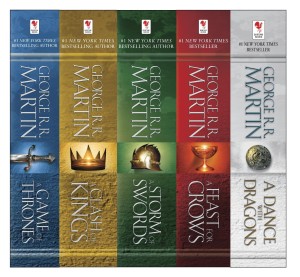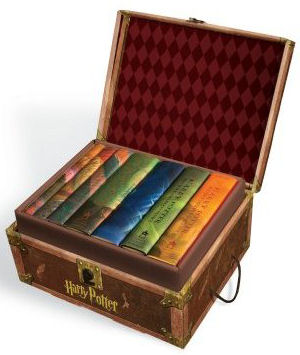I remember reading Bridge to Terabithia at that age where I too could immerse myself in my own worlds, where imagination and reality could still overlap, and adolescence was close enough to be almost here but not quite here yet. In other words, I was the age that Jess and Leslie were, and that was why it cut so deep. It was probably the first book I had ever read that really and truly made me feel so deeply, so much so that I almost threw the book away, it as it almost overwhelmed the me of then. Maybe reading that book was a trial on the path to being an adult, which is a trifle ironic given that the book is about the essence of childhood.
Around twenty years later, I saw the movie, and it does the book justice indeed. I’m afraid that the rest of this post won’t make much sense. Fair warning.
It’s odd to think how when we are that age, we take ourselves for granted. Much later in life we look back at our mid-twenties as our “youth” and dismiss our adolescent preteen selves as mere children, but there is a magic about us then, and the luckiest of us never fully extinguish that magic despite decades that follow of responsibility and toil. There’s such a deep current of love in this story, one that runs concurrently with a current of pain, and both are so essential. In many ways the creek beyond which lies Terabithia is the physical embodiment of love and pain – a gateway to a different world, but also a dangerous barrier. The bridge only comes later, something we are only capable of building once we have fully learnt the lesson, and then every time we cross it, so much more easily and without risk, we gradually forget the price we have paid.
There’s the otaku dreamgirl aspect of this story too, but the special quality of that friendship is such that is only works in the context of being young. Leslie isn’t an ordinary girl and you are meant to fall for her, to appreciate the way she looks at the world and makes it new, at the sheer force of will. But Jess is not ordinary either – a working class family on the edge of bankruptcy, no advantages or privileges or luxuries, forced to wear his sisters’ hand-me-down sneakers, he still somehow has a Talent that thrives and grows. The two of them are perfect, as they are and more so together, and it is fitting that they create Terabithia between them.
What is Terabithia? Is it childhood? Is it dreams, hope? Whatever it is, it is something that can only be reached by tapping into that something essential from our childhood. The Narnia stories put children front and center as heroes, but were never about childhood – Terabithia is much more honest and raw in that regard. What is the bridge?
There is probably no point in trying to describe how Terabithia makes you feel. It probably suffices to say that it makes you feel. It’s a movie that every adult should watch, every child should read, and every father should be inspired from to hope that their children are in some way like Leslie and Jess, and if so, to live vicariously through them for it.

